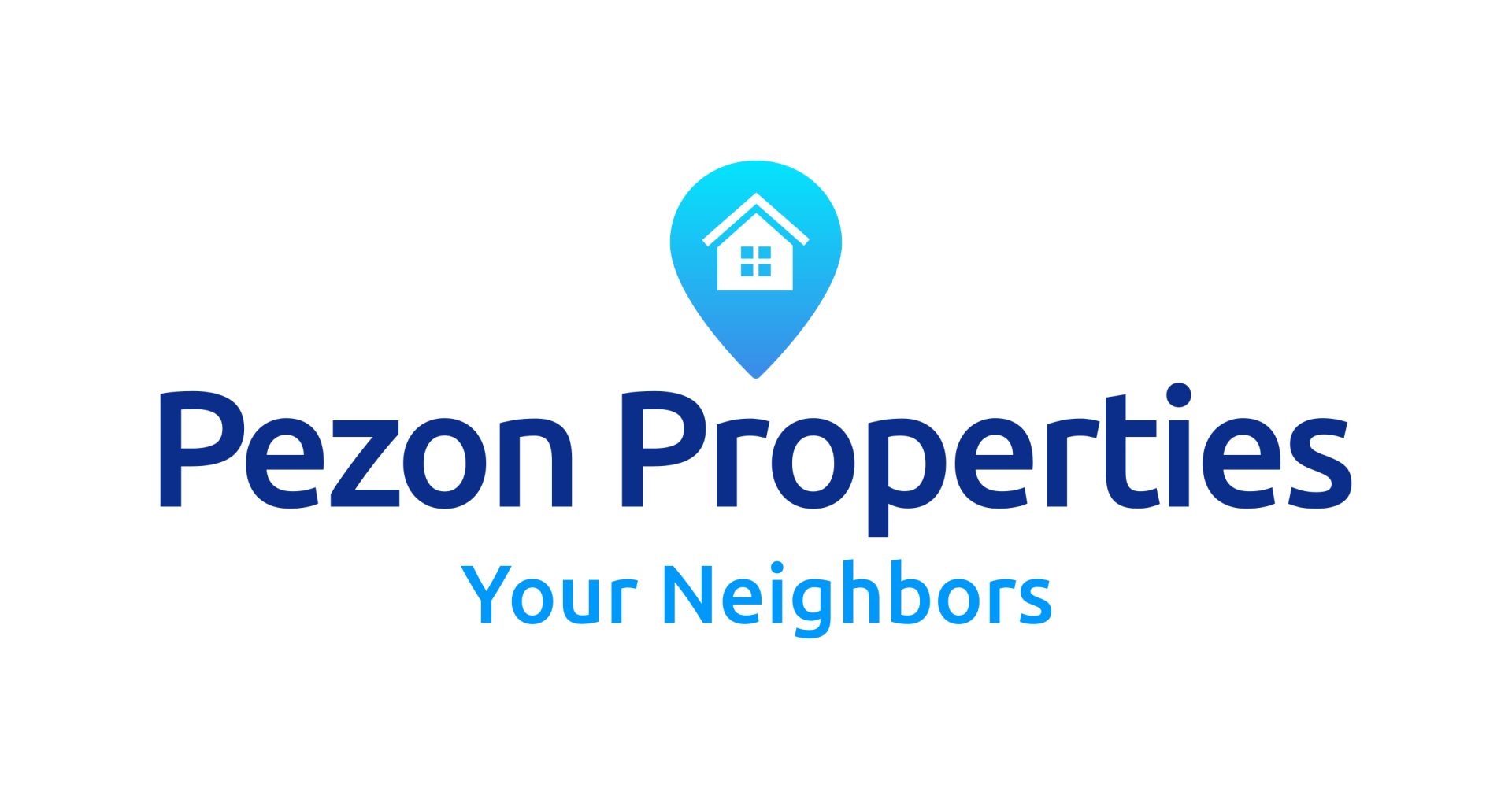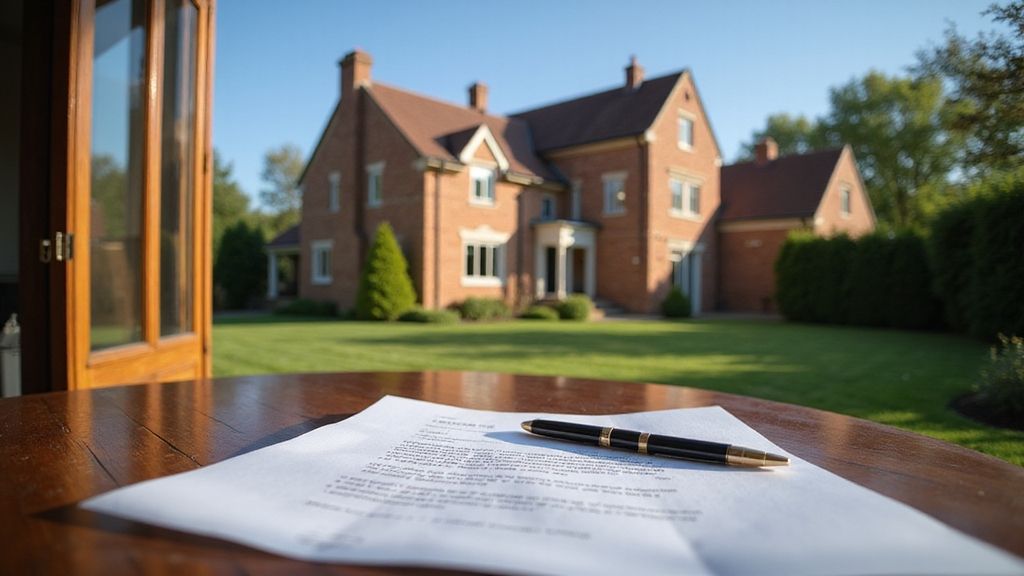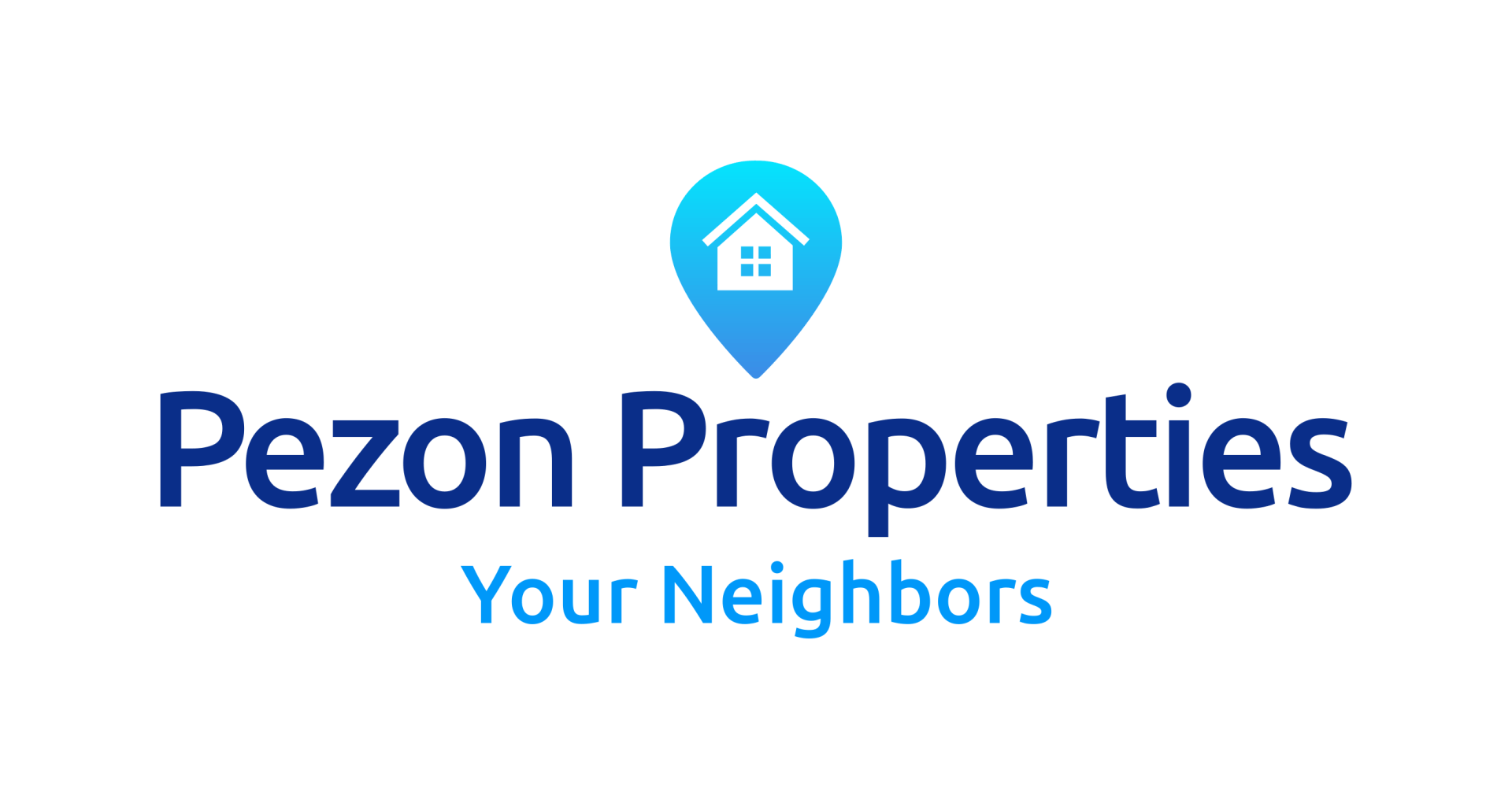How to Sell an Inherited Property to a Cash Buyer
Selling an inherited property can be an intricate and overwhelming process - especially when you want to sell to a cash buyer. One needs to know how and where to report sale proceeds. The IRS requires those who sell inherited property to report proceeds as taxable income. The specific amount that will be taxable is based upon the home’s fair market value and other improvements used to calculate the basis. The IRS Gifts & Inheritances describes where to find instructions and which forms to use. Even if you don’t have to pay taxes on the sale, it is still a reportable transaction. A tax professional can help you understand how and where to report the sale on an inherited home.(1)

Know How to Report Sale Proceeds
It is vital to understand the process of reporting the sale, including calculating the taxable income and filing the correct forms. With the proper preparation and understanding of the reporting process and tax implications, selling an inherited property to a cash buyer can be a clever and straightforward move.
Determining Taxable Income
The first step when reporting sale proceeds from an inherited property is determining the taxable income. The home's fair market value and any additional modifications utilized to determine the basis are used to determine the taxable amount. First, use the decedent’s prior purchase or appraised value to calculate the “basis” cost of the home. Any additional improvements to the house must be subtracted from the basis to arrive at a final “taxable income” amount.
Understanding Tax Liability
It is essential to understand that it is still a reportable transaction even if you don’t have to pay taxes on the sale. Depending on the amount of the sale and any other gain related to the sale, you may be responsible for taxes on the sale. Understanding the tax implications and consulting a qualified tax professional to help you understand how and where to report the sale of an inherited home is essential.
Using Tax Professionals
It is essential to understand that even if no taxes have to be paid on the sale of an inherited property, it is still a reportable transaction to the IRS. A tax expert can help you understand how and where to report the sale of the inherited property on your taxes and help navigate any other related taxes that may be imposed when you are looking to sell my house fast Harrisburg.
Using Tax Software
The use of tax software can make it easier to accurately calculate taxes based on the sale of inherited property and report them to the IRS. Doing so can save time and effort when completing all necessary forms and filings promptly. Additionally, if there are questions related to the taxes owed, using tax software can help ensure that the calculations are accurate and fit within the restrictions noted by the IRS.
Filing the Right Forms
Once the taxable income has been determined, suitable forms need to be filled out to report the sale of the inherited property. The IRS has outlined instructions and forms to help sellers complete the necessary paperwork to report the sale properly.
Form 1099-S
Form 1099-S is the form required to report the sale of real estate. If you realize a gain or loss from the sale, this form must be filed with the IRS and is used to report the proceeds as taxable income. The seller must report their name, address, and taxpayer ID number on the form. The details of the sale, such as the date of sale, description of the property, and the amounts received, must also be included.
Form 8594
Form 8594 is required to record the allocation of sale proceeds when an inherited property is sold to multiple buyers. This form is used to report the amount of the sale proceeds allocated to each buyer and should also include any other costs associated with the sale, such as broker fees or commissions.
Form 8917
Form 8917 tracks the cost of any improvements made to inherited property. If the seller has made any improvements to the property, such as renovations or additions, then the seller must report the cost and include Form 8917 when filing the 1099-S.
Form 1310
In some cases, Form 1310 must also be filled out. The Form 1310 reports relevant personal information for tax filing purposes. The form requires information such as the deceased's Social Security number, their address at the time of death, and their date.
Form 1041
Form 1041 is used when filing a federal estate tax return, which is required for any estate valued over $11.58 million. This form must be completed and filed within nine months of the seller's passing and includes all proceeds from the sale of the inherited property. If the seller was the owner of the estate being passed down, they must file a federal estate tax return regardless of the estate’s value.
Transfer of Ownership
The transfer of ownership for the inherited property must also be taken care of. This involves filling out forms specific to your state, typically including a deed of sale.
Know Where to Report the Sale
Reporting the sale accurately and on time is crucial when selling an inheritance. As part of the sell my house fast York process, you must fill out and file a tax return with all the appropriate information. Depending on the state of residence, there are different forms to fill out and deadlines to abide by. Check with your tax professional or your state's Department of Revenue for more information about filing the necessary forms and when they must be completed.
Know When to Notify the IRS
Even if you do not owe any taxes on the sale of an inherited property, the IRS still requires that you report the sale. A notification should be filed with the IRS within 45 days of the sale to ensure you do not incur any penalties. Additionally, a yearly detail about the sale should be sent to the IRS when filing an annual return. It is also important to note that any unpaid balance of the sales proceeds will be taxable as a capital gain or loss; this must also be reported to the IRS.
Give us a call anytime at 484-484-0971 or fill out this quick form to get started today!
Get A Fair Cash Offer On Your House

About the author
Mathew Pezon
Mathew Pezon is the founder and CEO of Pezon Properties, a cash home buying company located in Lehigh Valley, Pennsylvania. With several years of experience in the real estate industry, Mathew has become a specialist in helping homeowners sell their properties quickly and efficiently. He takes pride in providing a hassle-free, transparent, and fair home buying experience to his clients. Mathew is also an active member of his local community and is passionate about giving back. Through his company, he has contributed to various charities and causes.















